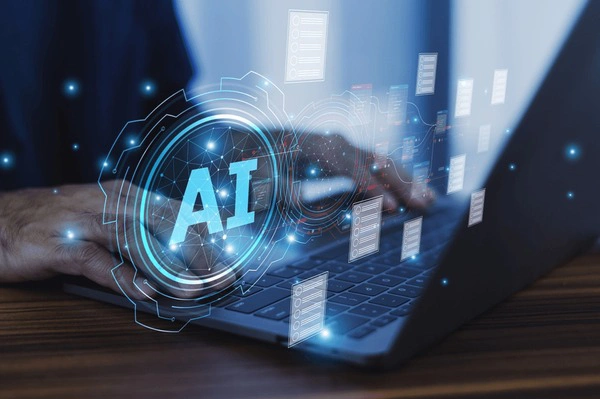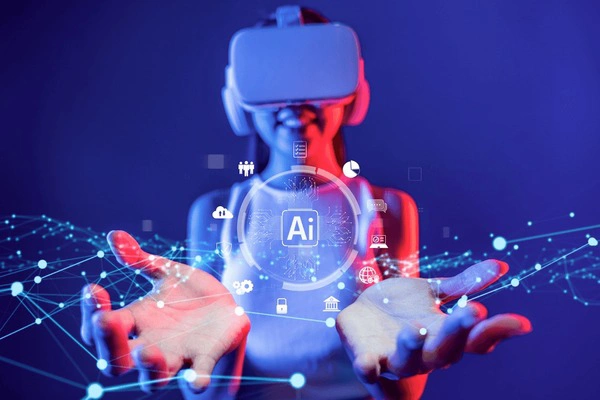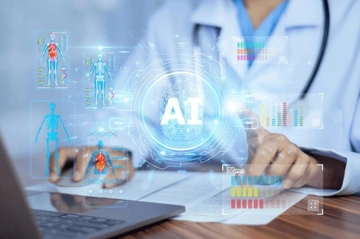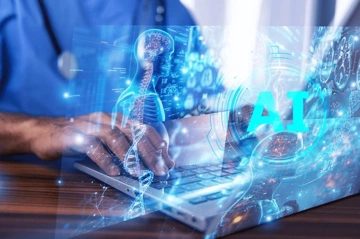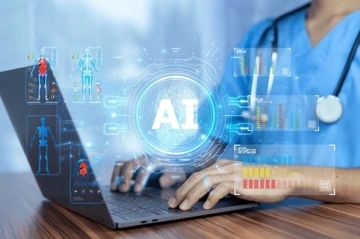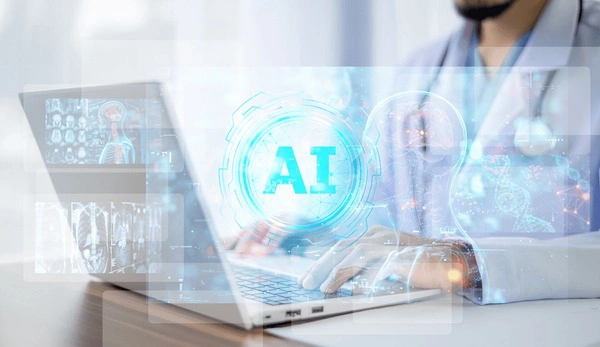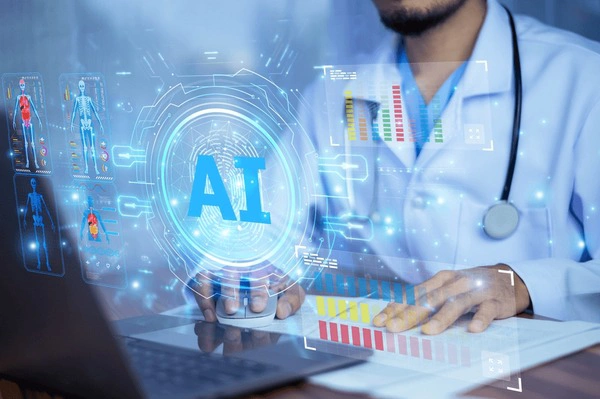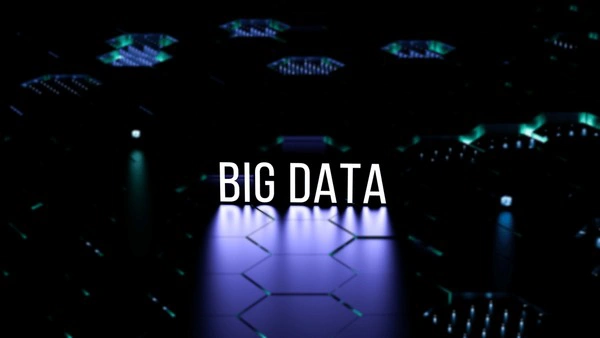
The Role of AI in Revolutionizing Mental Health Care
Artificial Intelligence is playing a pivotal role in diagnosing and treating mental health conditions by using data analysis and predictive modeling. These technologies offer new opportunities for early detection and personalized treatment, while also presenting challenges related to ethics and data privacy. As AI tools evolve, they promise to enhance mental health care, complementing human expertise with data-driven insights.
Marcus Bennett
29/11/2024 - 7 months ago

Understanding AI's Role in Mental Health
Artificial Intelligence (AI) is transforming many fields, and mental health is no exception. AI in Mental Health involves using advanced algorithms to analyze data and predict mental health conditions. By processing vast amounts of information, AI can identify patterns that might be missed by human professionals. This technology offers a new way to understand mental health issues, potentially leading to earlier diagnoses and more effective treatments.
AI systems can sift through data from various sources, such as medical records, social media, and even voice recordings. These systems use complex models to detect signs of mental distress, such as depression or anxiety. For instance, an AI might analyze a patient's speech patterns or social media activity to identify indicators of mental health issues. This capability can be especially useful in spotting conditions early, before they become more severe.
Despite the potential, it's important to approach AI with caution. While AI tools can provide valuable insights, they are not infallible. Misinterpretations can occur, and there's a risk of privacy breaches when handling sensitive information. Therefore, integrating AI into mental health care requires careful consideration of ethical and privacy concerns, ensuring that data is used responsibly and securely.
Predictive Modeling in Mental Health
Predictive modeling is a core component of AI in Mental Health. This involves creating statistical models that can forecast mental health outcomes based on historical data. By understanding how certain factors contribute to mental health issues, predictive models can provide insights into who might be at risk. This proactive approach can lead to preventative measures, reducing the impact of mental health conditions.
These models often use machine learning algorithms, which improve their accuracy over time as they process more data. For example, a predictive model might analyze data from thousands of patients to determine common risk factors for depression. By identifying these patterns, healthcare providers can intervene earlier, offering support and treatment before the condition worsens.
However, the success of predictive modeling relies heavily on the quality and quantity of data available. Incomplete or biased data can lead to inaccurate predictions, which is why it's crucial to use diverse and comprehensive datasets. Moreover, these models should be continually updated to reflect new research and evolving understandings of mental health conditions.
Challenges and Ethical Considerations
While AI has the potential to revolutionize mental health care, it also presents significant challenges. One major concern is the ethical use of AI-generated data. Mental health data is particularly sensitive, and improper handling can lead to serious privacy violations. Ensuring that AI systems adhere to strict privacy standards is essential to maintaining trust between patients and healthcare providers.
Another challenge is ensuring the accuracy and fairness of AI predictions. Bias in AI algorithms can occur if the training data is not representative of diverse populations. This can lead to unequal treatment outcomes for different groups, exacerbating existing disparities in mental health care. Developers must work diligently to eliminate biases and ensure that AI tools are equitable and inclusive.
Finally, there's the question of accountability. When AI systems make predictions or recommendations, it's important to consider who is responsible for these decisions. Healthcare providers must be trained to interpret AI insights correctly and make informed choices about patient care. This requires a collaborative approach, integrating human expertise with AI capabilities to achieve the best outcomes for patients.
The Future of AI in Mental Health
Looking forward, the role of AI in Mental Health is likely to expand. As technology advances, AI systems will become more sophisticated, offering even more precise insights into mental health conditions. Innovations such as natural language processing and sentiment analysis could provide deeper understanding of patients' emotional states, enhancing diagnostic accuracy.
AI could also facilitate more personalized treatment plans. By analyzing individual patient data, AI systems could recommend tailored interventions that are more effective for each person's unique needs. This personalized approach has the potential to improve patient outcomes and make mental health care more efficient and accessible.
Ultimately, the goal of AI in Mental Health is to complement, not replace, human expertise. While AI can provide valuable data-driven insights, the human touch is essential in mental health care. Empathy, understanding, and human interaction remain central to effective treatment. By combining the strengths of AI with the compassion of healthcare professionals, the future of mental health care looks promising.
